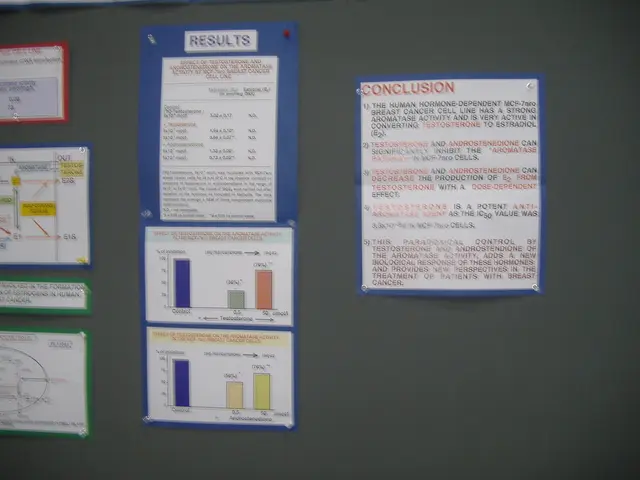Berlin Hardship Commission Grants Residence Permits to Rejected Asylum Seekers
Granted residency permissions in 189 instances by the commission. - Authorization granted for residence permits in 189 instances by the Commission.
Looking at the recent migration policy in Berlin, we find the Hardship Commission playing a vital role in offering residence permits to those asylum seekers who've had their applications denied. Senators from the Interior Department at the Senate announced that in 2023, the Commission managed to approve residence permits for 189 individuals, out of 211 cases it considered - which amounted to an impressive 89.6% acceptance rate.
The countries with the most citizens represented in these approvals were Georgia, Turkey, Nigeria, Azerbaijan, Serbia, and Armenia. It's essential to note that in 2023, the approval rate was 90.5%, which is slightly lower than the 96% in 2022 but significantly higher than the 76.7% in 2021 and 72.4% in 2020.
Despite the news about the 189 approvals, the Interior Administration chose not to reveal the total number of affected individuals. In total, the Hardship Commission analyzed 283 cases last year, impacting 435 people.
The Hardship Commission, established in 2005, has been serving as a crucial point of contact for individuals with a migration or refugee background who haven't been able to obtain a residence permit through other legal means in Berlin. With its support from churches and welfare associations, the Commission addresses cases where residence permits are about to expire and there are urgent personal or humanitarian reasons, such as social or economic integration challenges. Each case is evaluated individually, considering factors like social and economic integration. If the Senator approves a hardship application, a residence permit can be issued.
Iris Spranger, the Senator of the Interior (SPD), expressed her gratitude towards the Commission members for helping prevent "unreasonable hardships" in immigration law.
Migration Policy
Residence Permit
Hardship Commission
Berlin
Georgia
Nigeria
Iris Spranger
Asylum Seekers
SPD
Turkey
Azerbaijan
Serbia
Armenia
This nuanced migration policy in Berlin offers enormous value to asylum seekers, particularly through the Hardship Commission, which functions as an extra layer of consideration for unique and exigent cases.
Key Points:
- The Commission's Influence: The Berlin Hardship Commission plays a significant role in granting residence permits to rejected asylum seekers in exceptional cases.
- Asylum Seeker Residence Permits: Asylum seekers in Germany can receive residence permits under various protection forms, such as asylum, refugee status, or subsidiary protection.
- European Migration Policies: Migration policies in the European region are subject to ongoing revisions, driven by factors like border controls, resettlement programs, and family reunification requirements - which may impact the overall migration landscape.
- The Berlin Hardship Commission, established in 2005, serves as a crucial point of contact for individuals with a migration or refugee background who have not been able to obtain a residence permit through other legal means.
- By granting residence permits to 189 individuals in 2023, the Commission demonstrated a notable 89.6% acceptance rate, challenging the lower acceptance rates of previous years.
- The Senator of the Interior, Iris Spranger (SPD), expressed her gratitude towards the Commission members for helping prevent "unreasonable hardships" in immigration law.
- Despite the public acknowledgment of 189 approvals, the exact number of affected individuals remains undisclosed by the Interior Administration.
- Countries with the most citizens represented in these approvals included Georgia, Turkey, Nigeria, Azerbaijan, Serbia, and Armenia, demonstrating the Commission's global significance in the realm of migration policy.








